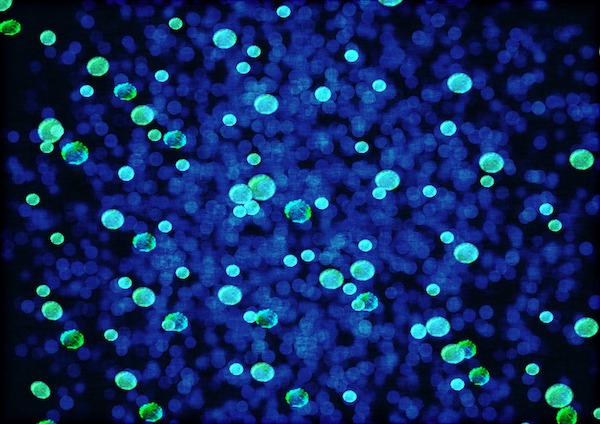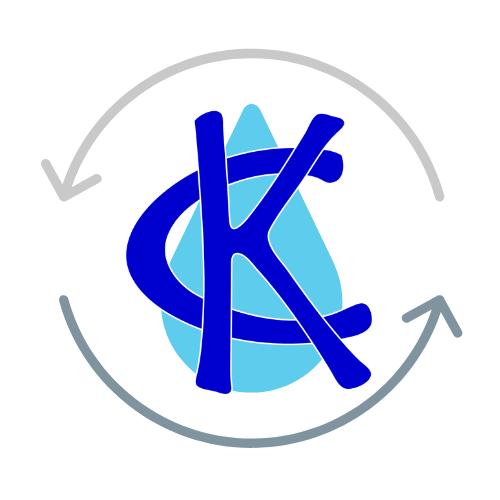NEW LEGIONELLA PREVENTION MODEL DEVELOPED
New analysis model may help facility owners and operators

A new Legionella prevention model has been reported. The tool was designed by J. David Krause, Ph.D., MSPH, CIH, the vice chair of AIHA’s Indoor Air Quality Committee and an expert in toxicology. According to Global Newswire, it evaluates the effectiveness of control measures used to prevent Legionella and other waterborne pathogens.
Some recommendations to prevent growth of the pathogen include periodically measuring water temperatures, disinfectant or chlorine levels, according to Global Newswire.
A Centers for Medicare and Medicaid Services requirement from 2017 requires healthcare facilities to implement programs to prevent waterborne diseases, including Legionnaires’. According to Global Newswire, risk assessments must be performed in multiple buildings to prevent outbreaks of disease.
Krause developed a model to address this challenge. It allows users to evaluate a water system’s susceptibility to Legionella amplification, among other things.
“The cost of implementing a water management program to prevent Legionnaires’ disease outbreak can be budget busting, but not having one can cost lives and the reputation and trust of a healthcare facility,” Krause said, according to Global Newswire. “The first step in building a program that is both protective and cost effective is to perform a facility-wide risk assessment.”
The number of cases of Legionnaires’ disease in the U.S. has increased fivefold since 2002. According to Global Newswire, 8,453 cases were reported in 2018 to the Centers for Disease Control and Prevention. Those at the greatest risk for contracting the disease include the elderly, those with suppressed immunity, smokers and frequent travelers. According to Global Newswire, experts consider June to October “Legionella season” due to reporting of disease.
“The absolute worst time to find, interview and vet a consulting expert is during the throes of a disease outbreak,” Krause said, according to Global Newswire. “There are currently no credentials, licenses or certifications that ensure a professional has any expertise in assessing, finding or mitigating Legionella sources. Bad advice or guidance from an ill-informed consultant can prolong an outbreak investigation, fail to find sources or even increase the chances of more people contracting the disease. Facilities should include in their water program contingency plans for an outside consultant who has been vetted and is familiar with the facility and local public health agencies.”
